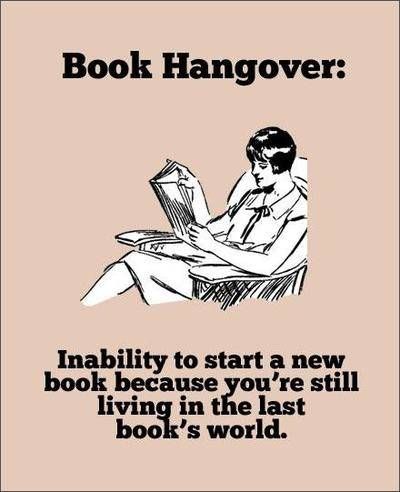
Books: My Drug of Choice
The other week I wrote a piece about why what you read matters, and how it’s important not to inundate ourselves with happy-ever-afters and expect to stay sane. This week, I’m going to tell you the opposite.
Am I a total hypocrite? Probably, but I’m also an actual human being and therefore have more than one aspect to my personality. Being so makes me not only appreciate the many types of art (including literary art) that fill our minds, but also feel the necessity for multiple avenues to explore. Just as we need the heavier works to help us not only connect with other readers and writers by recognizing that life is imperfect for everyone, and also to help us become more introspective and deeper about our lives and the experiences of others; there is also a season for learning how to lighten up. This is imperative. Just as reading too many fairy tales can make you feel bad about your realistic life, reading only intense and/or soul searching works can leave you in a hole that is hard to climb out of. Laughter is just as important as tears when it comes to finding our way in the world.
It is my nature to tend toward being cynical and somewhat pessimistic. Too much of that can be a bad thing. Likewise, being a Pollyanna who is overly optimistic without the balance of reality can be unhealthy. Finding the balance is each person’s struggle – but I personally believe that the works that we read can help us learn how to do it.
There are many forms of medicating oneself… I choose books.
When my head is getting too high up in the clouds and I start feeling like I am a failure because I haven’t raised a perfect family, saved all of the whales, and done my part to create peace in the Middle East, I know it’s time to heed the advice of my last article. However, when I find myself at the point that I am sure life is out to ruin me, I should really be sleeping with a gun under my pillow, or that life is meaningless, I know it’s time to pick up something with a happier tone.
Mirror neurons are controversial in the fact that not everyone agrees they are valid. However, after a little bit of research and experience as a TV watcher and book reader, I’m convinced that there is some truth to the theory…
“… it would seem it’s a question of ‘mirror neurons’: when you watch someone doing something, the same neurons that they activate in order to do something become active in your brain, without you doing a thing. An acrobatic dive without budging from the sofa and while eating potato chips: that’s why we like watching sports on television… What if literature were a television we gaze into in order to activate our mirror neurons and give ourselves some action-packed cheap thrills? And even worse: what if literature were a television showing us all the things we have missed?” – The Elegance of the Hedgehog
Literature can bring us down and can pick us up. It can teach us how to interact with others and can show us when we are not as off-base as we might think. It can take us places we’ve never been and introduce us to cultures we will never know. I believe, as a reader, that often what we read can seep into our beings and continually help us to become who we are to be. Because while sometimes we need something to tell us we are not alone, other times we need help to lighten our loads. Having a break from thinking can do a body (or in this case, a brain) some good.
There’s nothing wrong with a little healthy escapism. And the best part is: there’s no hangover in the morning.
















